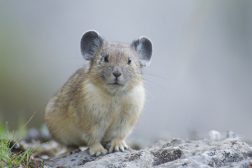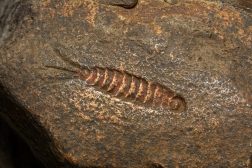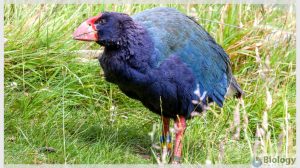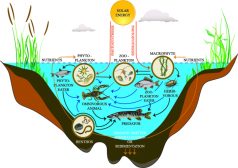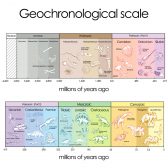Definition
noun
(1) (zoology) The intentional separation of a body part, usually as a protective evading mechanism against predators
(2) Self-amputation
Supplement
Autotomy is an animal behavior characterized by the intentional shedding of a body part, particularly its appendages. This behavior is postulated to be associated with the animal’s self-defense mechanism. Shedding body part increases the chances of an animal to evade its predator by distracting the latter or by escaping from the grasp of its predator. Typically, the body part that is shed is grown back later through regeneration. For instance, geckos, skinks, lizards, salamanders, and tuatara have the ability to shed their tail especially when grasped by their predator. In doing so, they would be able to flee from their predator and regrow the tail later. The detached tail would wriggle and believed to be a protective mechanism in terms of distracting the attention of the predator away from the fleeing animal. Some of them, such as certain species of geckos, return to eat their detached tail after having successfully evaded their predators. There are other animals, though, that make use of autotomy not only for self-defense. Certain species of male octopuses shed their arm, i.e. the hectocotylus, for mating and reproduction purposes.
Word origin: Greek auto– (self) + tome (severing)
Synonym(s):
- self-amputation
Mentioned in:


